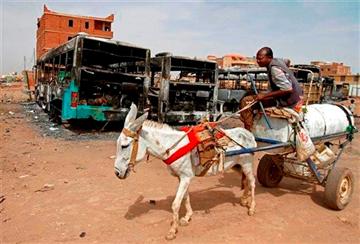 |
| Bassem Youssef |
-
Jew in Arabia, goy in Israel
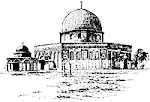
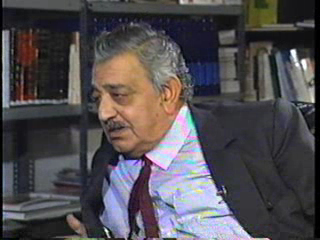
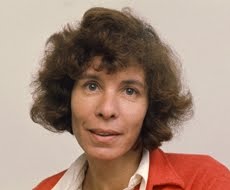
 |
| Bassem Youssef |


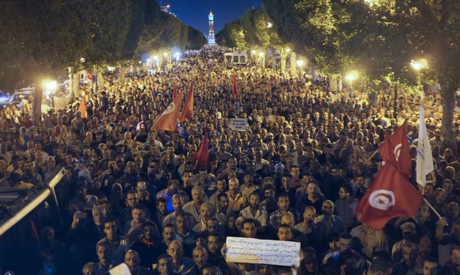

 Citing a lack of progress on Palestinian statehood, regional arms control, and the Syrian conflict, the foreign ministry said that it would not join “until the council is reformed and enabled, effectively and practically, to carry out its duties and
responsibilities in maintaining international peace and security”.
Citing a lack of progress on Palestinian statehood, regional arms control, and the Syrian conflict, the foreign ministry said that it would not join “until the council is reformed and enabled, effectively and practically, to carry out its duties and
responsibilities in maintaining international peace and security”.

Weeks after Mubarak was overthrown, the Interior Ministry called a meeting at the police academy in Cairo. The gathering, headed by the interior minister and senior security officials, was the first in a series that discussed how to handle the Brotherhood, according to two policemen who attended some of the gatherings. Thousands of mid- and lower-ranking officers were angry and said they could not serve under a president they regarded as a terrorist. Senior officers tried to calm them, arguing that the men needed to wait for the right moment to move against Mursi. "We tried to reassure them but the message did not get through," said a senior police official. "They just fumed silently." The senior state security officer told Reuters there were no explicit orders to disobey Mursi but that a large number of officers decided they would not be "tools" for the Brotherhood.
The story in its entirety gives examples about how the security services were actively involved in getting rid of Morsi. It is to be found here.
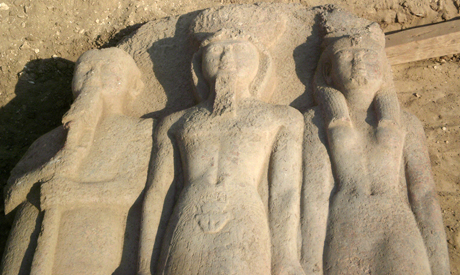 Statue of king Ramses II, flanked by the goddess Hathor and the god Petah. On the backside a hieroglyphic text and the cartouche of the king are engraved.
Statue of king Ramses II, flanked by the goddess Hathor and the god Petah. On the backside a hieroglyphic text and the cartouche of the king are engraved.



Ahmadi was last seen leaving his home for work on Saturday. He was later found with two bullets in the heart, according to a report in London's Daily Telegraph, which cited a report on a website linked to the Revolutionary Guard Corps.
“I could see two bullet wounds on his body and the extent of his injuries indicated that he had been assassinated from a close range with a pistol,” an eyewitness told the website.
The commander of the local police gave further credence to an assassination saying that two people on a motorbike had been involved in the assassination.
Five Iranian nuclear scientists and the head of the country’s ballistic missile program have been killed since 2007. The regime has accused Israel’s external intelligence agency, the Mossad, of carrying out these assassinations.
